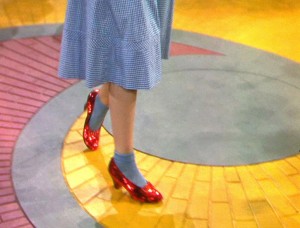Vis a vi Monetary Policy:
The major mistake of the “Monetarists” like Krugman is that they believe Monetary stimulation stimulates growth. It doesn’t. All that it stimulates is stagflation. I’m a Paulista, but the one thing I would disagree with him is that there is a way to know how much liquidity the economy needs: The Price of Gold. The price of Gold is the most accurate barometer of supply/demand of money, ie allowing enough liquidity for growth, but not too much for inflation.
So what is needed both to insure that there is enough liquidity for growth but not too much for inflation is neither a “Hard” Gold standard, nor the current “fiat” target interest rate policy. What is needed is a “target the price of Gold” standard. So you don’t have a dollar backed by Gold: (This could lead to a dearth of liquidity during economic growth, and an actually run on the physical gold supply which is the reason Nixon took us off the Gold standard in 1971) What you have is a Fed that targets gold, uses it as a barometer. When the price of Gold rises, that is a clear indicator that the economy has too much liquidity. When the price of Gold dips too low (like it did in the late ’90s, remember $10/barrel oil? This was also a major factor contributing to the demise of Web 1.0 because there was massive growth, but no liquidity.) that is a clear signal that there is not enough liquidity.
So what we need is not to End the Fed, but rather a new mandate: Keep the Price of Gold in a tight trading range by printing money when it dips below the range and in reverse, selling bonds to mop up excess liquidity when the price of Gold rises above the tight trading range.

